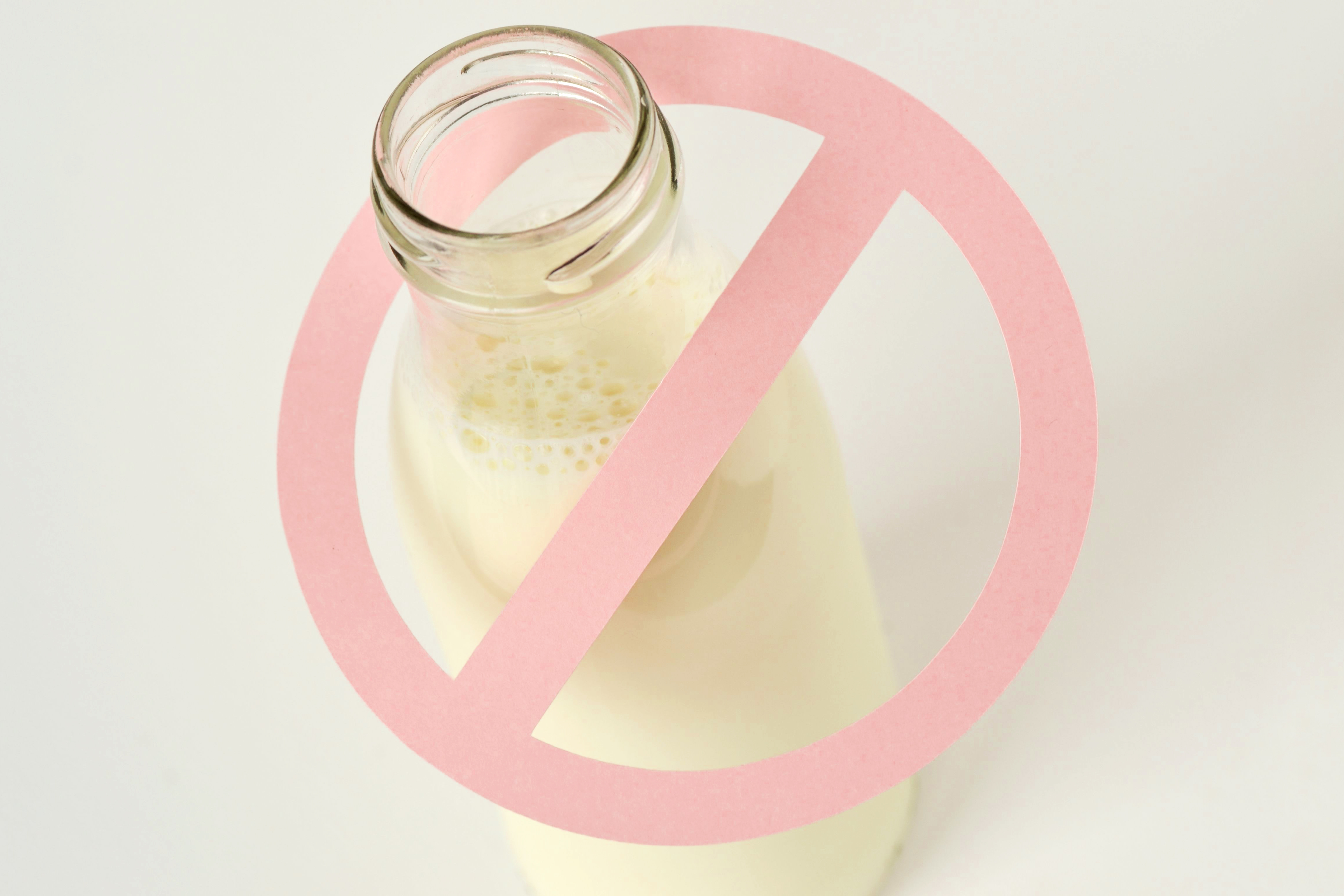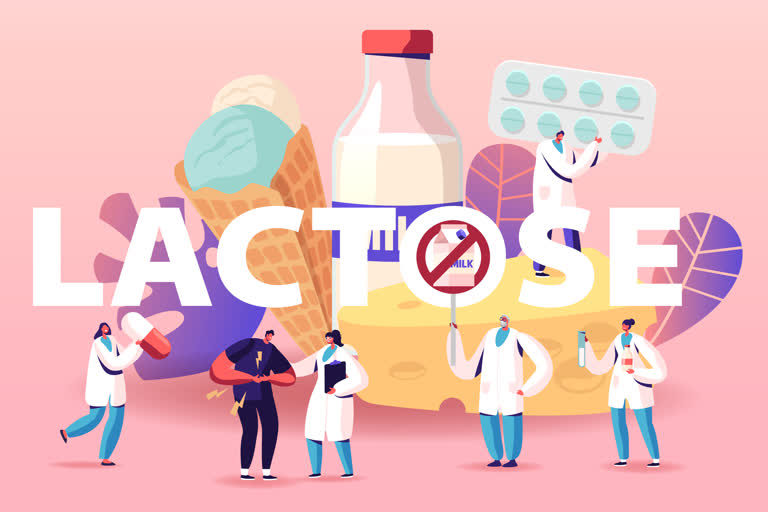Many of us often confuse lactose intolerance and milk allergies as one and the same phenomenon, but they are actually two different problems. Lactose intolerance involves the digestive system, while the latter involves the immune system. We asked Dr. Ranganayakulu, PhD History of Ayurveda and he says, “Ayurveda praises milk as complete food for children and good for adults. Milk is our first food. Mother’s milk nourishes infants and remains a staple diet for most of us as we grow up. However, some people develop an inability to digest milk and other dairy products in either their childhood or later in life. This has become a mystery for us why we develop allergy to milk and dairy products. But we should know that milk allergy is different from lactose intolerance”.
Lactose Intolerance

Milk is essential for the growth of a human body and especially it contains calcium that is beneficial for our bone health and many other nutrients. But why do some people experience intolerance towards lactose, a sugar present in milk? Dr. Ranganayakulu explains, “The small intestine that produces the lactase enzyme,
deals with lactose. The production of lactase may reduce as one nears adulthood, leaving the lactose undigested.” This results in symptoms like:
- Stomach ache
- Flatulence/Gas
- Bloating
- Diarrhoea
However, many adults may not experience any symptoms. “We can test whether we suffer from this malady by a simple technique. Measure your blood sugar on an empty stomach and take one full glass of milk. After one or two hours, measure it again. If there is no big difference in both the readings, it indicates you are lactose intolerant”, he recommends.
In this situation, you may reduce the intake of milk and other dairy products. Try adding very little milk to tea or coffee or looking for alternatives like soy milk, almond milk, cashew milk, etc.
Milk Allergy

Milk allergies may be caused due to different reasons than lactose intolerance. It is usually caused due to imbalances in our immune system. “Milk contains casein and whey (two proteins important for growth) and whey is particularly rich in immuno- globulins that are a part of our immune system. Breast fed infants don’t feel the milk allergy, however some infants and children experience milk allergy while consuming cow milk. The reason could be the difference in the ratios of casein and whey in the cow milk, which is 80:20 and that in the human milk, which is 40:60. Human immune system may mistakenly feel that the casein from cow milk is dangerous to the human body and start responding by allergic reaction”, explains Dr. Ranganayakulu. This may cause symptoms like:
- Abdominal cramps
- Diarrhoea
- Skin rashes
- Cough and running nose
- Wheezing, etc.
Children with milk allergy are also slow in gaining weight. However, one may look for alternatives and other supplement foods providing desired amounts of proteins. Serious milk allergies may result in even anaphylactic shocks.
Milk is an essential part of our daily diet, but some may not be able to digest or tolerate it. Therefore, in case you experience any such symptoms, it becomes necessary to not ignore them, get yourself tested and consult a doctor. Other food alternatives and supplements may be recommended by them to fulfill your nutrition requirements.



